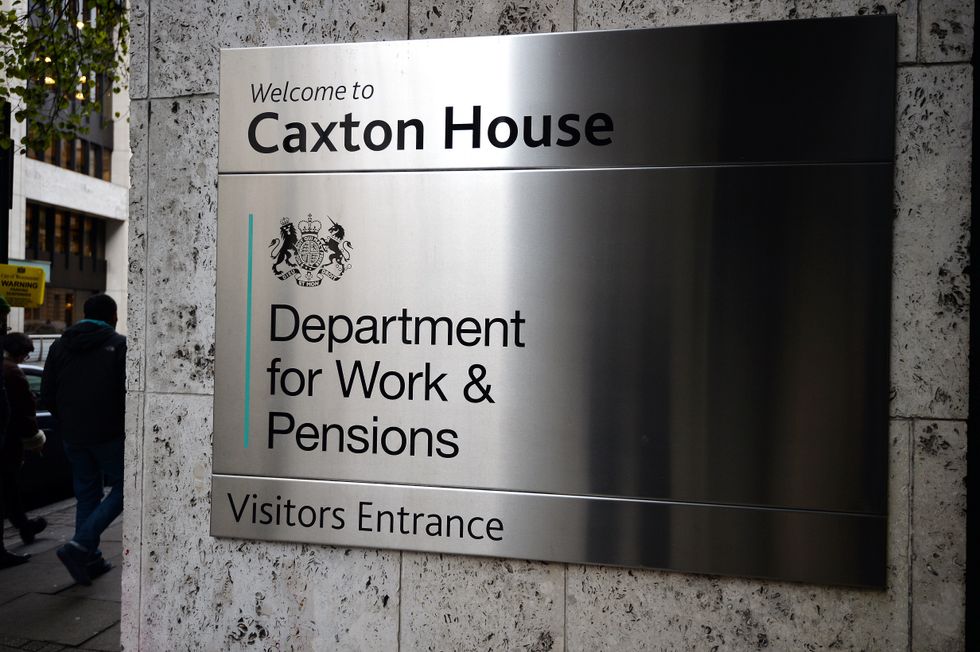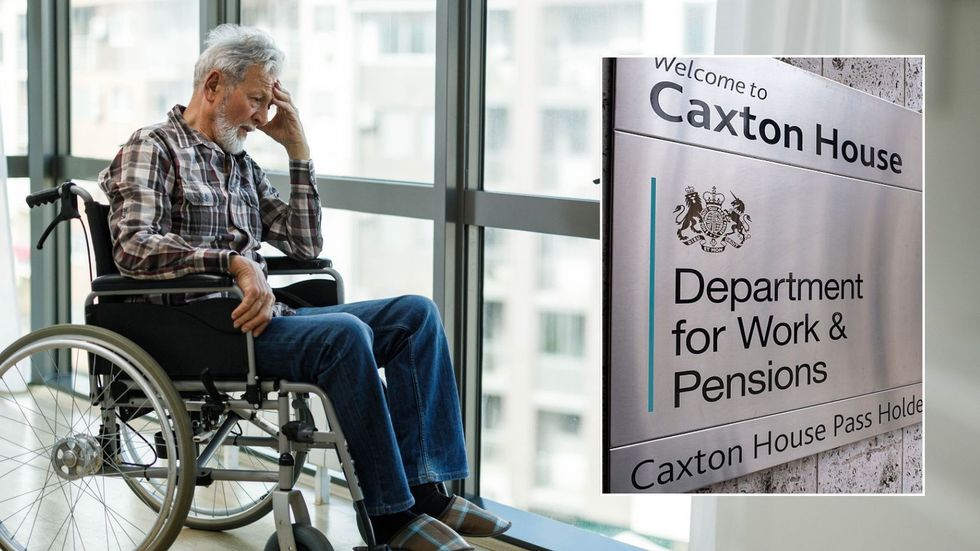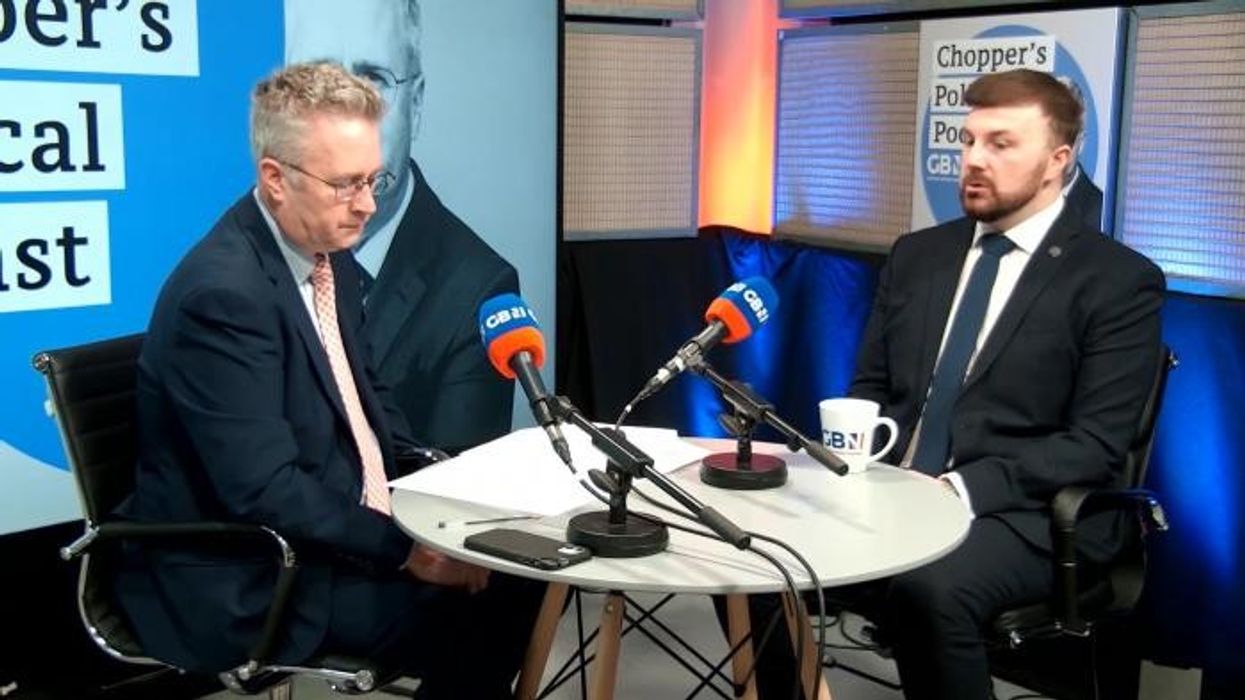Thousands of PIP claimants could be owed over £5,000 after major DWP error - are you affected?

In the last financial year alone, the DWP reviewed 455 of these cases and paid out £500,000 in arrears
Don't Miss
Most Read
Thousands of disabled people may be entitled to payouts worth over £5,000 each after a string of serious administrative blunders by the Department for Work and Pensions. The Government has already handed out more than £260 million in back payments, with hundreds of millions more expected to follow as officials scramble to fix the fallout.
The scale of the failure is only now emerging in official accounts, which reveal widespread errors in the handling of Personal Independence Payment (PIP) claims.
Many affected individuals were wrongly denied vital support or underpaid due to mistakes stretching back years, yet thousands may still be waiting for justice.
The compensation relates to three separate systemic flaws in the benefits system. In one instance, claims were wrongly rejected from people who didn’t have a National Insurance number, despite the fact that one is not required to qualify for PIP.
In the last financial year alone, the DWP reviewed 455 of these cases and paid out £500,000 in arrears.
Critics have slammed the department’s approach to disability support, warning that trust in the benefits system has been badly undermined.
Scottish claimants encountered a separate issue when attempting to transition to Adult Disability Payment, the devolved equivalent of PIP introduced in 2022.
These individuals experienced an erroneous "loss of entitlement" during the transfer process, prompting £13 million in corrective payments across nearly 4,700 reviewed cases, with 176 still pending examination.
The most substantial error stems from a 2016 tribunal ruling that found the DWP had unlawfully restricted its interpretation of "social support" requirements when evaluating claimants' capacity for face-to-face interactions, causing many to fall short of qualifying points.

DWP error could see thousands on PIP owed money
|GETTY
The Supreme Court's 2020 affirmation of this tribunal decision triggered an extensive review process that has distributed £250 million to date, covering just over 308,000 cases by March's end. However, this represents less than half the affected population, with approximately 325,000 cases awaiting assessment.
Previous departmental figures from 2023 indicated that roughly one in six reviewed cases resulted in payments, averaging £5,200 per recipient.
Based on these proportions, the remaining caseload could necessitate at least £250 million in additional compensation over coming years.
The scale of these underpayments has emerged alongside recent revelations about benefits theft by DWP staff members, intensifying scrutiny of the department's management of funds designated for vulnerable groups including carers, pensioners and disabled individuals.

Disability advocates have expressed frustration at the prolonged timeline for resolving these payment errors
| GETTYDisability advocates have expressed frustration at the prolonged timeline for resolving these payment errors. Ken Butler, policy adviser at Disability Rights UK, stated the Government was obliged to pay back all the money owed "expeditiously".
Ayla Ozmen, director of policy at anti-poverty charity Z2K, warned that benefits underpayment errors could cause "significant financial hardship" for disabled people.
"We are calling on the DWP to do everything it can to ensure that these errors are corrected as soon as possible," Ozmen said.
Former Liberal Democrat DWP minister Sir Steve Webb suggested the review of social support-related PIP cases "could perhaps have been processed more promptly", though he acknowledged that addressing all benefits underpayment issues was "the right thing to do".
Labour's disability minister Sir Stephen Timms has initiated a comprehensive review aimed at transforming the entire PIP assessment system. The department confirmed it would continue proactively contacting potentially affected claimants rather than requiring individuals to initiate contact themselves.
A DWP spokesperson affirmed the department was "fully committed to identifying claimants that are owed money and providing the financial support to which they are entitled as quickly as possible".
 Charities are urging the Government to reconsider reforms to PIP | GETTY
Charities are urging the Government to reconsider reforms to PIP | GETTY They added that disabled people's perspectives would be placed "at the heart of a ministerial review of PIP, to ensure the benefit is fit and fair for the future".
Ozmen emphasised it was "vital" that ministers engage with disabled people regarding reforms "instead of making a bad system even worse", reflecting ongoing concerns about proposed eligibility changes scheduled for November 2026.
PIP is designed to support disabled people with daily living and mobility costs – has become a flashpoint for Keir Starmer’s Government.
Following backlash from Labour backbenchers, ministers were forced into a partial U-turn, agreeing to shield existing claimants from planned changes aimed at cutting the welfare bill.
However, new applicants will face tougher eligibility rules from November 2026 – a move disability campaigners say will create an "unfair" two-tier system.
More From GB News











